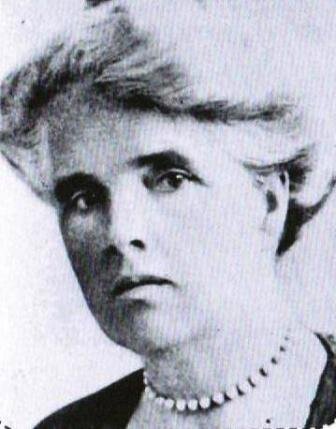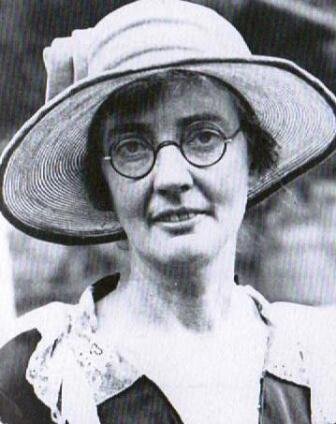BC Women's Institutes: Movers and Shakers
When the BC Women’s Institute began in 1909, they were gifted with the enthusiasm and dedication of a number of soon-to-be prominent members. Each one brought her own influence, and together they forged an organization that touched the needs and courage of large numbers of women.
"An International Activist"
Margaret ‘Madge’ Watt: A journalist by education, a doctor’s wife and a bundle of energy, she gave willingly of herself. She moved to London, England in 1913; here her energies became more sharply focused, as she perceived what a rural women’s organization could do for war-torn England. By 1918 there were over 1,200 Institutes in England, and the organization had raised England’s food self-sufficiency levels from 35 to 60 percent. On behalf of a grateful country, King George V made Mrs. Watt a Member of the British Empire. She later served for 17 years as President of the Associated Country Women of the World, the international arm of Women’s Institutes.
"A Provincial Dynamo"
In 1909 Evangeline ‘Vangie’ MacLachlan joined the WI and was later singled out by the Department of Agriculture for greater service when, in 1919 they appointed her the Secretary of the Women’s Institutes. In 1926 she became Superintendent of BCWI, a post she held until 1946. During her tenure, she was indefatigable – particularly in her efforts concerning public health and the establishment of what became BC Children’s Hospital and the Queen Alexandra Centre. She held the women together during the dark days of the Depression, and helped sharpen their focus on their tasks and service during World War 2.
"A Thinker & Writer"
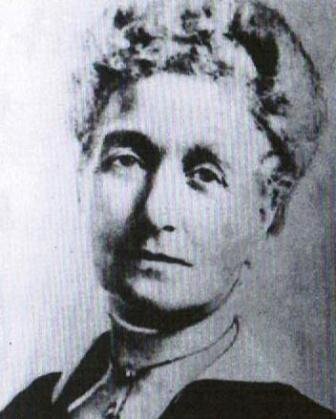 In 1911, Alice Ravenhill, at the request of the BC Government, became a travelling lecturer, delivering program ideas and disseminating information throughout the areas where WI’s functioned. Miss Ravenhill wrote numerous WI Bulletins on subjects as varied as “The Place and Purpose of Family Life” and “The Care of Young Children”. She also produced some of the first writings on the First Nations Peoples of British Columbia and their culture and crafts.
In 1911, Alice Ravenhill, at the request of the BC Government, became a travelling lecturer, delivering program ideas and disseminating information throughout the areas where WI’s functioned. Miss Ravenhill wrote numerous WI Bulletins on subjects as varied as “The Place and Purpose of Family Life” and “The Care of Young Children”. She also produced some of the first writings on the First Nations Peoples of British Columbia and their culture and crafts.
"Lecturer"
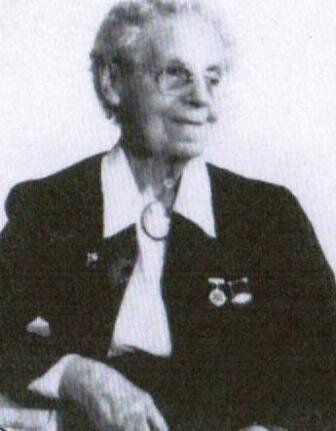 Janie Chalmers, a tiny Scotswoman and a member of Nelson WI, was also a Government sponsored lecturer, offering advice on soil, crops, food conservation, home economics and poultry. She also demonstrated making cheese and butter. Mrs. Chalmers took part in a debate between the Farmer’s Institute and the Women’s Institute on the subject of agriculture. At one point one of the farmer’s noted they had acquired an incubator to incubate and hatch chickens, but the venture had not been too successful - ”hatching mainly trouble” -- to which Mrs. Chalmers responded that it seemed like a costly investment to yield mainly trouble.
Janie Chalmers, a tiny Scotswoman and a member of Nelson WI, was also a Government sponsored lecturer, offering advice on soil, crops, food conservation, home economics and poultry. She also demonstrated making cheese and butter. Mrs. Chalmers took part in a debate between the Farmer’s Institute and the Women’s Institute on the subject of agriculture. At one point one of the farmer’s noted they had acquired an incubator to incubate and hatch chickens, but the venture had not been too successful - ”hatching mainly trouble” -- to which Mrs. Chalmers responded that it seemed like a costly investment to yield mainly trouble.
"Sugar Stella"
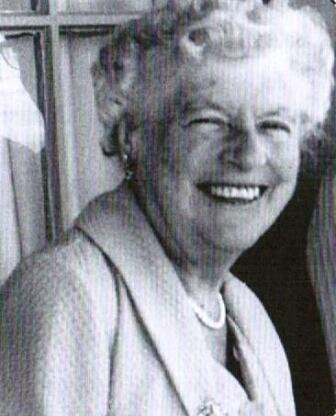 Stella Gummow was very active during World War 2, particularly with the canning and jam making projects that preserved much of British Columbia’s excess fruits and vegetables. The bulk of this produce was donated to the Red Cross and was shipped to Great Britain to aid the victims of bombings, particularly in London. Mrs. Gummow earned the sobriquet “Sugar Stella” for her constant and determined efforts to obtain more sugar for these canning ventures. These are only five of our early members who gave generously of their time and talent, and with some Government assistance, helped mold the early years of British Columbia as it developed from a pioneer province into the more modern version that we still see today. We salute you one and all, our pioneers!If you would like more information on the history of the BC Women's Institute, you can purchase a copy of our History Book - 100 Years 1909-2009, along with a copy of 100 Women.
Stella Gummow was very active during World War 2, particularly with the canning and jam making projects that preserved much of British Columbia’s excess fruits and vegetables. The bulk of this produce was donated to the Red Cross and was shipped to Great Britain to aid the victims of bombings, particularly in London. Mrs. Gummow earned the sobriquet “Sugar Stella” for her constant and determined efforts to obtain more sugar for these canning ventures. These are only five of our early members who gave generously of their time and talent, and with some Government assistance, helped mold the early years of British Columbia as it developed from a pioneer province into the more modern version that we still see today. We salute you one and all, our pioneers!If you would like more information on the history of the BC Women's Institute, you can purchase a copy of our History Book - 100 Years 1909-2009, along with a copy of 100 Women.


